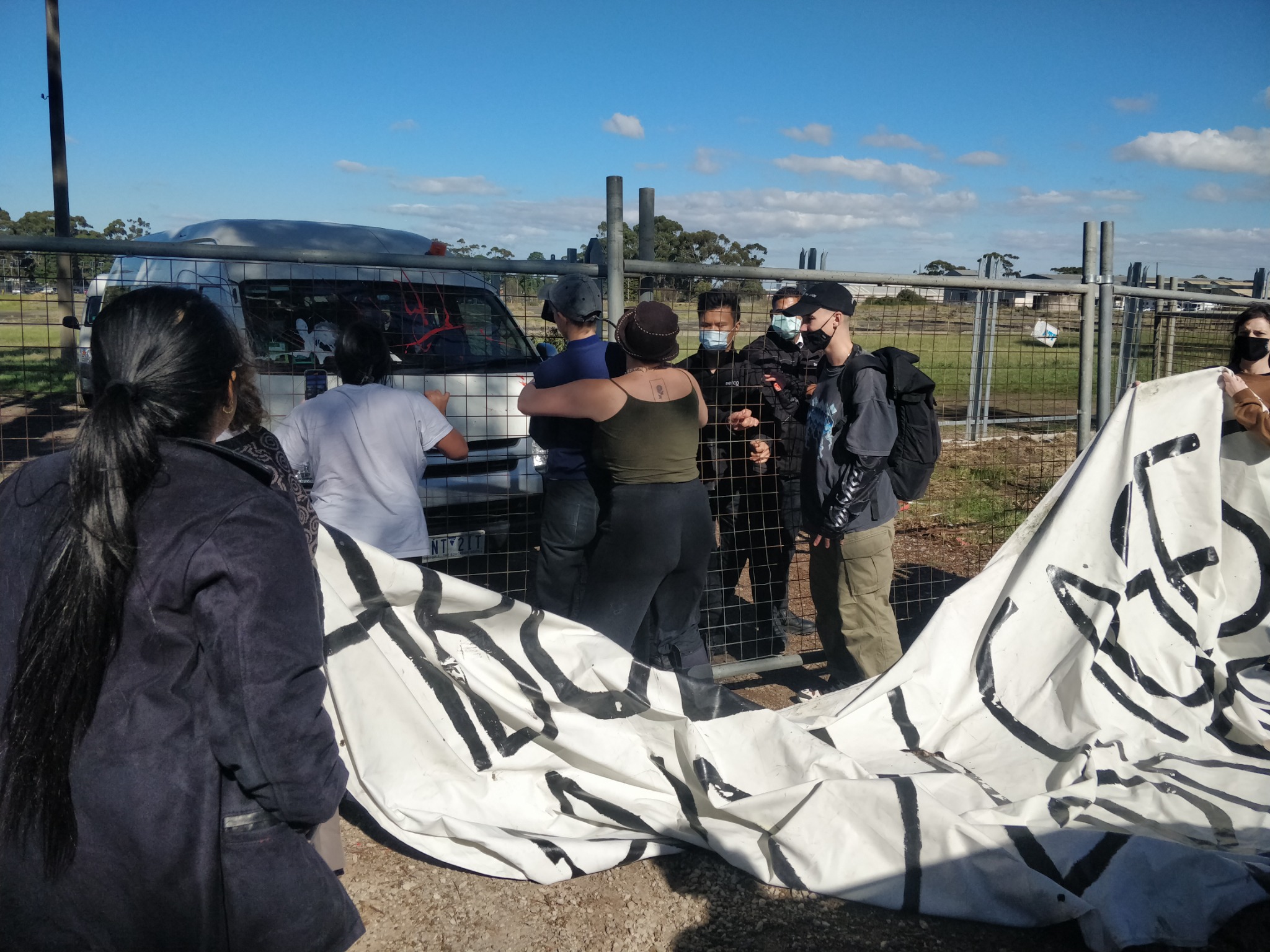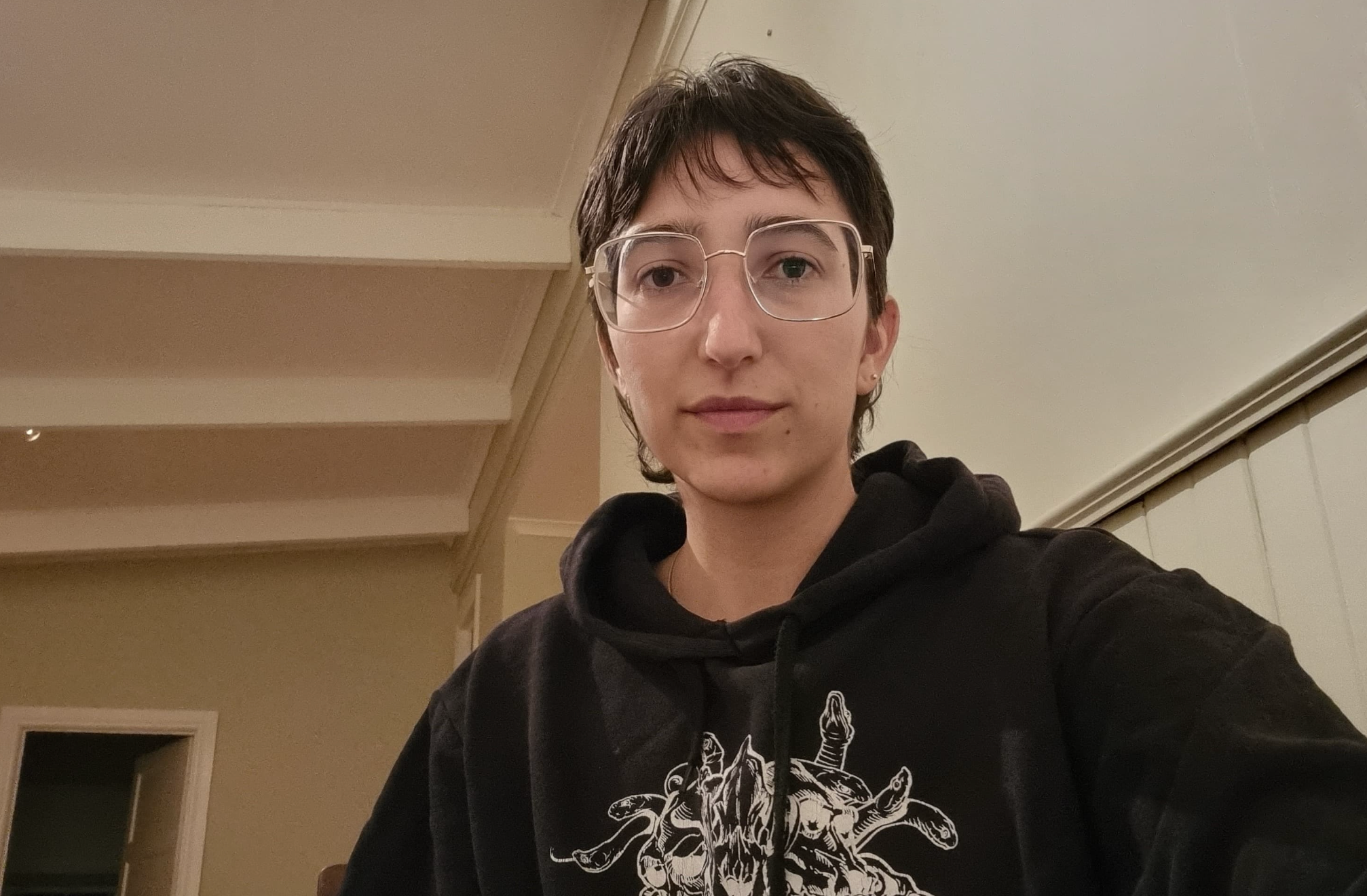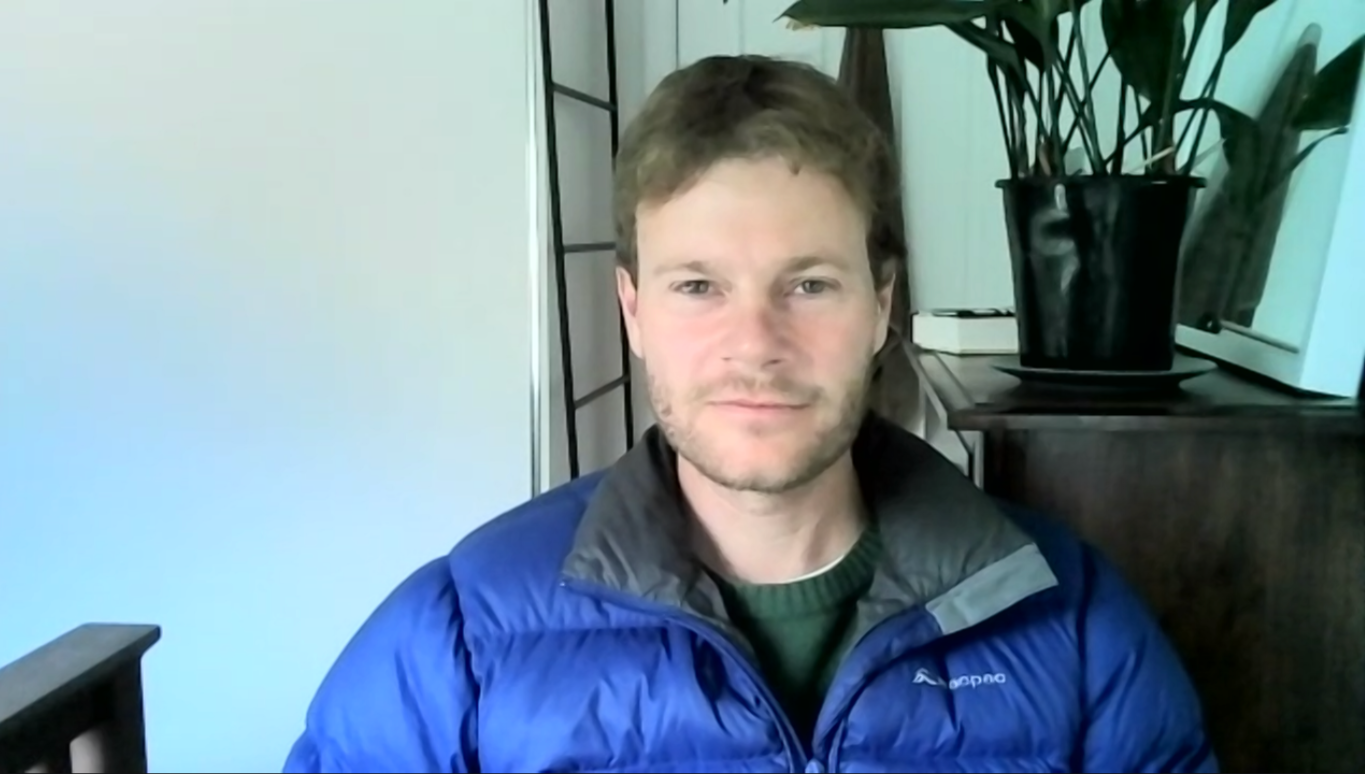
‘We haven’t won yet’: continued fears for refugees under new Government
Latest changes in Government provides little hope among asylum-seeker activists following last month’s Christmas Island transfer from MITA.
Refugee activists are sceptical about seeing necessary human rights action despite the results of the 2022 federal election following last month’s Christmas Island transfer of refugees from the Melbourne Immigration Transit Accommodation (MITA) centre.
On May 3 activists protested to prevent the transfer of the 12 detainees to the Christmas Island detention centre by blockading MITA during the federal election campaign.
Em Wilson, medical student, 25, who attended the protest said that Australians are aware that they have been neglecting refugees.
“Australia’s treatment of all refugees has been pretty unconscionable and what’s worse is I feel like Australia knows that”, they said.

Christmas Island was reopened in August 2020 by the Morrison Government, and currently holds around 212 people, 90 of whom had protection, refugee or humanitarian visas.
The 2021 Australian Human Rights Commission report found that the government needed to immediately decommission the Island’s detention facilities.

The 12 detainees who were deported after being held inside MITA had their vias revoked under section 501 of the Migration Act and transferred with approval from then Immigration Minister Alex Hawke
The new Immigration Minister, Andrew Giles, has a history acting for refugees and was part of a legal team in 2001 that represented the asylum seekers on the Tampa.
However, activists at the MITA protest in May are sceptical that the changes in government following the latest federal election will result in any significant policy change to protect Asylum Seekers.
“It just feels like they’ve made a couple of concessions,” Mx Wilson said.
“Even if governments sort of release people with their tail between their legs, they do respond to direct action,” they said.
Felix Dance, writer for the Green Left, who also attended the protest said that despite Labour’s win “everyone needs to stay vigilant; we haven’t won yet.”

This lack of government protection for refugees and asylum seekers has forced individuals to find different ways to provide support.
Following the mass evacuation of Afghans from Kabul in 2021 there was a surge in interest from Australians to provide support to asylum seekers.
Nicole Watkins Community Development Manager of Community Refugee Sponsorship Australia (CRSA) said that global crises tend to encourage individuals to get involved with support opportunities.
“Global crises tend to bring people out and they want to support, they want to help,” she said.
Through a group mentorship program CRSA connects newly arrived refugee individuals or households with local community groups.
“The program is about building relationships and getting to know people and working out how you can really support them,” Ms Watkins said.
Despite restrictions from the COVID-19 pandemic, CRSA found people were still committed to the program and providing support to their local refugee groups.
“They just were really innovative in their way that they engaged with people and found ways to support them,” Ms Watkins said.
Post a comment